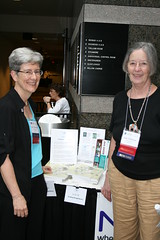 I have a long history working to help North Carolina nonprofits better use communication technology to advance their missions. But even when I started doing this work in 1996, there was one person who was already the “old guard” of nonprofit tech in North Carolina. Her name is Judy Hallman. In 1989, Judy helped to create local, public tech resources through PIN, Inc. PIN spawned NC Communities and RTPnet, the latter of which provided e-mail and web hosting as well as support to nonprofits way back when their only options were AOL and Compuserve. (anyone remember HandsNet?) Two weeks ago, Judy was recognized with a lifetime achievement award from the Nonprofit Technology Network at their conference in Washington, DC.
I have a long history working to help North Carolina nonprofits better use communication technology to advance their missions. But even when I started doing this work in 1996, there was one person who was already the “old guard” of nonprofit tech in North Carolina. Her name is Judy Hallman. In 1989, Judy helped to create local, public tech resources through PIN, Inc. PIN spawned NC Communities and RTPnet, the latter of which provided e-mail and web hosting as well as support to nonprofits way back when their only options were AOL and Compuserve. (anyone remember HandsNet?) Two weeks ago, Judy was recognized with a lifetime achievement award from the Nonprofit Technology Network at their conference in Washington, DC.
Not content to rest on her pioneer laurels, Judy has continued to create and organize for the past two decades. The newest of her endeavors is NCTech4Good, a network that ties together the growing nonprofit tech community in North Carolina, and also hosts the annual NCTech4Good Conference. After last year’s conference, a number of people (including myself) suggested the addition of an unconference after the formal one-day conference. After careful consideration, Judy and other organizers agreed.
All of the above is my longish way of telling you how excited I am that HASTAC is hosting and helping to lead the first-ever NCTech4Good Unconference! We will be using the wonderful facilities here in Duke’s Franklin Humanities Institute (where we also hosted THATCampRTP last fall) and I will be serving as the facilitator, working to make order out of the chaos!
As you may know, I am huge fan of unconferences. In addition to the above-mentioned THATCampRTP, I also used this structure to lead a gathering of our Digital Media and Learning Competition’s 2010 Learning Lab winners, and also employed it at HASTAC’s innovative Peer-to-Peer Pedagogies Workshop last year. In a future post, I hope to write more about what unconferences are (and aren’t), and how they can form what the brilliant Ann Balsamo calls the “scaffolding” that can support the small or quiet voices that sometimes get drowned out by the crowd.
For now, please check out the web site nctech4good.org (if you live in or near North Carolina) where you can register for the conference, reception, and/or unconference. I hope to see you here!
![[NCt4g]](/sites/default/files/u2284/NCt4g%20banner.png)
(Also posted at hastac.org and nctech4good.org.)
 We held another great NCTech4Good hybrid unconference last week. I especially appreciated the other organizers who displayed teamwork above and beyond the call of duty.
We held another great NCTech4Good hybrid unconference last week. I especially appreciated the other organizers who displayed teamwork above and beyond the call of duty.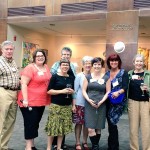
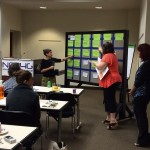
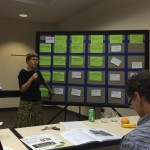
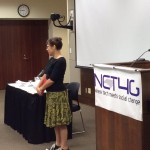
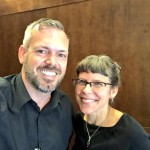
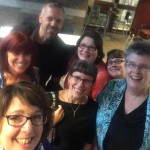

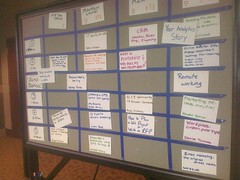
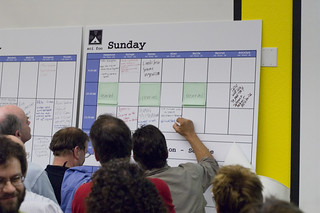



![[NCt4g]](/sites/default/files/u2284/NCt4g%20banner.png)